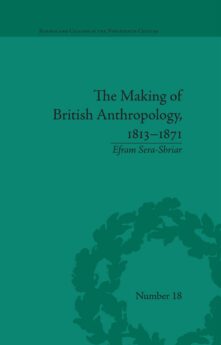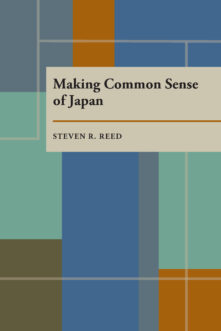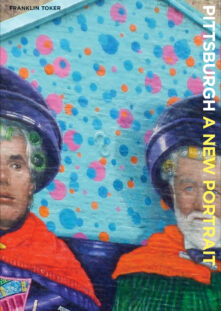Search Results
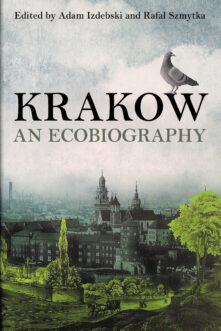

Krakow
An Ecobiography
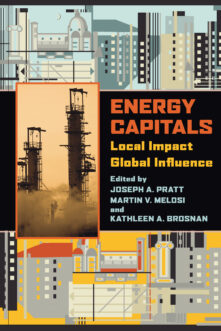

Energy Capitals
Local Impact, Global Influence
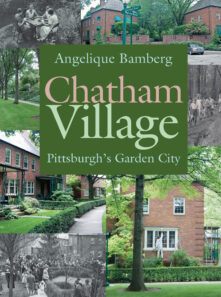

Chatham Village
Pittsburgh's Garden City
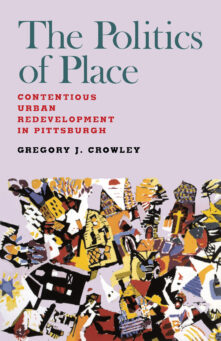

The Politics of Place
Contentious Urban Redevlopment in Pittsburgh
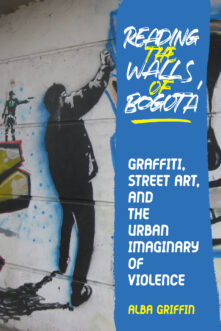

Reading the Walls of Bogotá
Graffiti, Street Art, and the Urban Imaginary of Violence
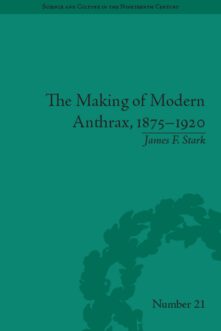

The Making of Modern Anthrax, 1875-1920
Uniting Local, National and Global Histories of Disease
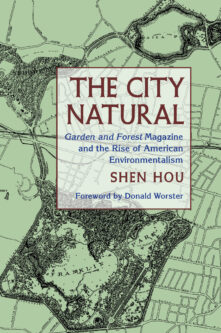

The City Natural
Garden and Forest Magazine and the Rise of American Environmentalism
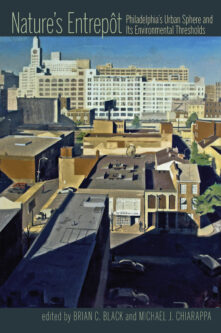

Nature’s Entrepot
Philadelphia’s Urban Sphere and Its Environmental Thresholds
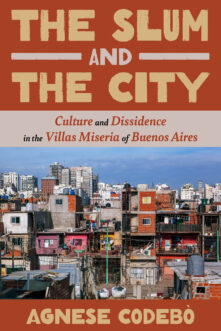

The Slum and the City
Culture and Dissidence in the Villas Miseria of Buenos Aires
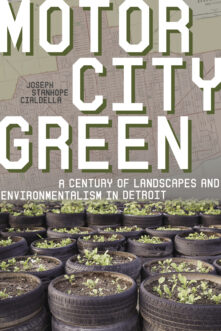

Motor City Green
A Century of Landscapes and Environmentalism in Detroit
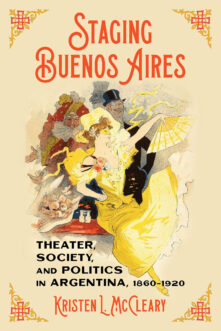

Staging Buenos Aires
Theater, Society, and Politics in Argentina, 1860-1920
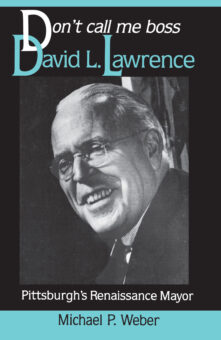

Dont Call Me Boss
David L. Lawrence, Pittsburgh’s Renaissance Mayor
Your search for "Urban Rivers : Re-making Rivers, Cities and Space in Europe and North America" returned 620 results


